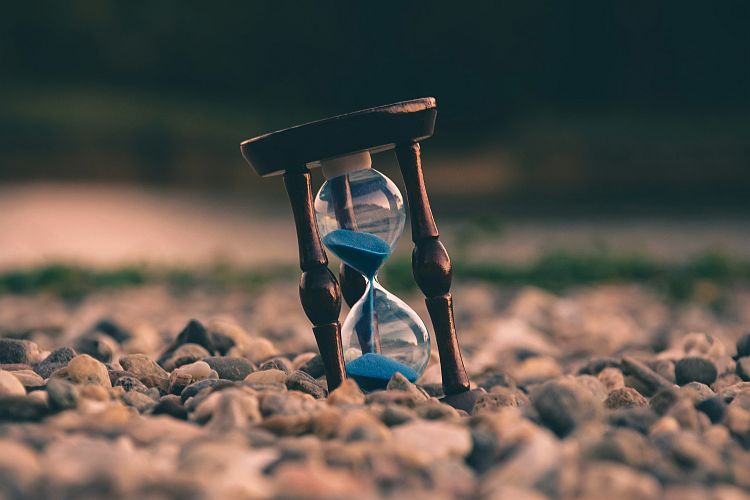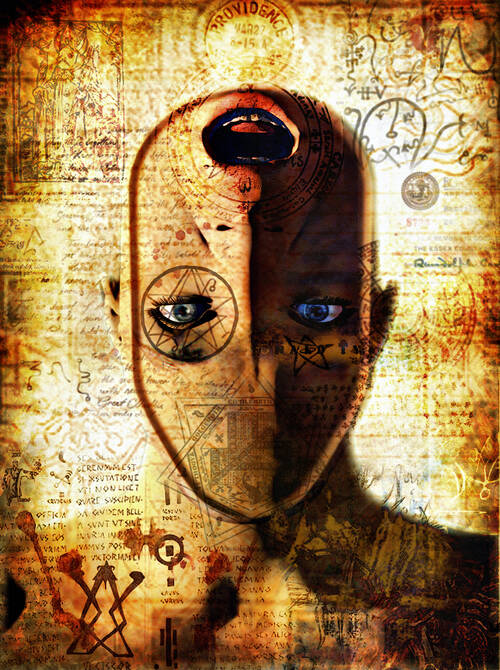Especially when children are exposed to great fears over and over again at a young age, it becomes a part of their personality. This really differs from people who experience something like this at a later age, because a child at a young age does not have as many reserves to deal with fear. A person of an older age, often does have enough reserves, especially of course if they have been given a stable and solid foundation from home.
What you tend to see in such children is that in their adult lives, seemingly small things that happen in the outside world can make them extremely anxious. In cases where they direct their aggression destructively toward themselves, clinical therapy is recommended. Discovering what the source of anxiety is, and learning to direct the aggression outward with the help of their imagination, in short, learning to fight the source of anxiety, is then very effective because it provides more stability and a better quality of life.
At lightning speed, such patients are led through development in such clinical therapies. If there is insurmountable trauma, the patient will continue to need their aggression even in later life. In such cases, therapy also focuses on learning how to handle and balance these intense feelings.
In such patients, disturbed behavior to cope with the great fear has usually developed too. Behavior that in adult life will work against them and will sustain the fear. In therapy, the focus will therefore be on unlearning these behaviors, and healthy behaviors will be encouraged. In this way the sharp edges can be taken off.





